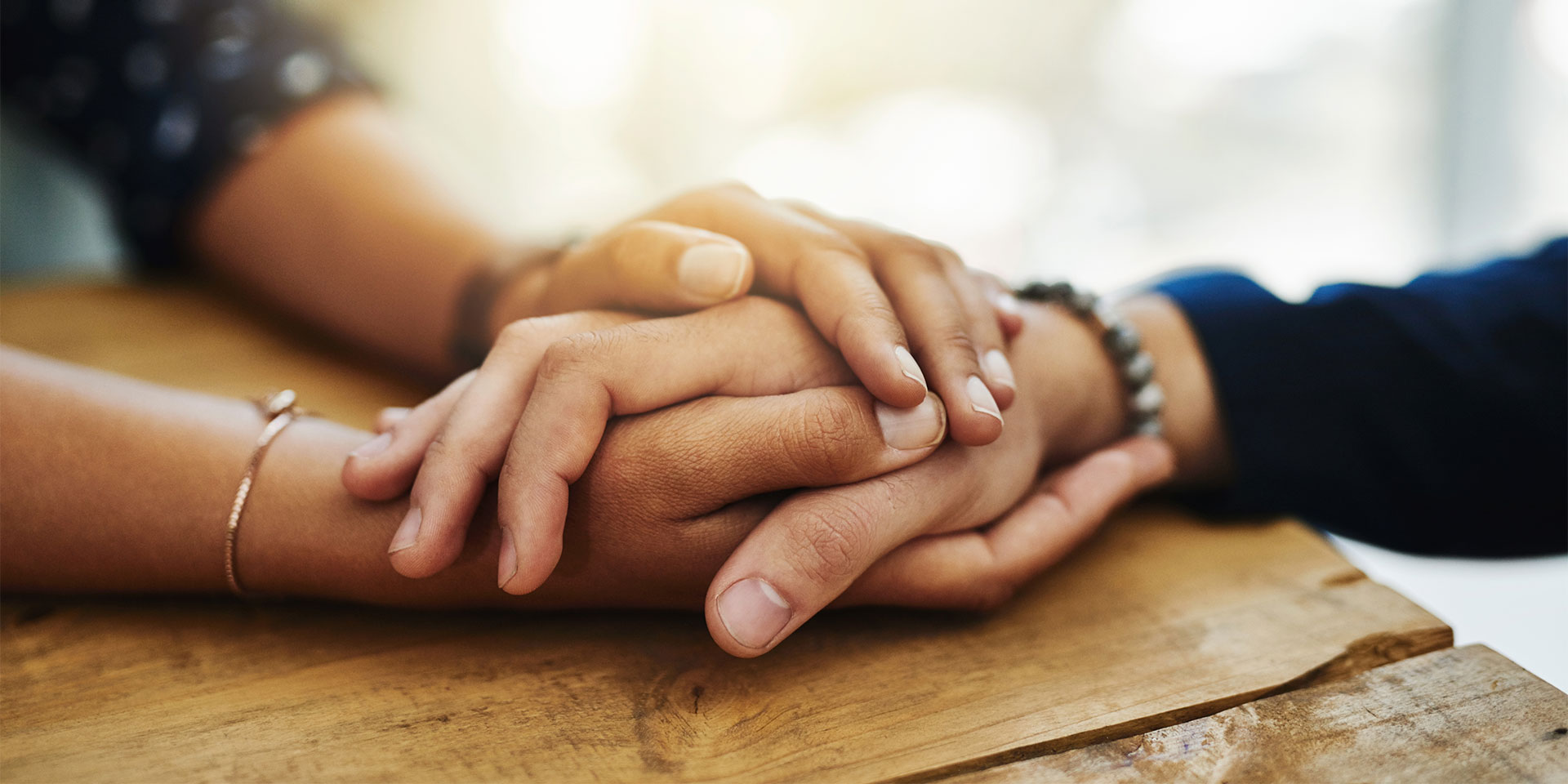In 2004, Frank Warren, an American businessman, had “a crazy idea,” as he himself describes it. He printed 3,000 postcards, wrote his address on them and a series of instructions, then left space on the back for the sender to write secrets they had never shared with anyone before.
Warren’s idea spread quickly. These postcards were given out on the streets of Washington to strangers, and then sent back to their creator by post. Eventually, Warren received postcards he hadn’t printed, not only from Washington, but also from other countries like Canada, New Zealand, and Iraq. Soon, Warren realised that he could build a pyramid taller than himself out of the secrets that kept coming in, so in 2005 he launched the PostSecret website, which now gets two million visitors every month and a continuous stream of secrets “in Portuguese, French, Hebrew, and Braille”, according to the businessman.
The project showed how people are very interested in learning about other people’s secrets, and in sharing their own, especially when they can do it without using their real names. Warren says that not all secrets are the same. Some people talk about feeling very lonely, trying to kill themselves, or their children’s paternity. Others talk about eating disorders, feeling envious, or failing at work.
Secrets can be many different things. They can be shocking, ridiculous, or deeply moving, Warren concludes. He admits that the project that literally buried him in the secrets of others was born out of his own desire to reveal painful fragments of his past.
Not everyone who has problems or is struggling with addiction or emotional issues will be able to send a postcard to PostSecret, but everyone has felt the need to share with a friend problems that they have kept hidden.
The question of whether it’s good to talk to friends about hard times when you can’t deal with them on your own is connected to the kind of friends we have. Apart from our family, friends are the people we’re most likely to talk to when we’re going through a tough time.

The road to well-being is paved with shared secrets
A series of studies conducted mainly in the last decade and a half has highlighted the role of friendship in an individual’s physical and mental health.
For example, a 2010 meta-analysis which studied data collected from over 300,000 people showed that having a strong social network can increase a person’s chances of survival by 50%, offering benefits comparable to those experienced by people who quit smoking.
Other studies have shown that not having enough friends can be as harmful as obesity or smoking. Isolation has also been linked to depression, poor sleep, high blood pressure, and increased stress levels.
The secrets we share with friends can also play an important role in our well-being. The creator of the PostSecret website believes that sharing your secrets anonymously is only the first step—gathering the courage to express the problem and confess it to a stranger. The next stage involves processing the experience, “especially if you’re getting feedback that makes you realize that your secret is more normal than you might imagine—that can be a way to drop that burden of shame and become ready to share it with a parent, a spouse, a psychiatrist, a friend.”
Warren argues that secrets are the “currency of intimacy”, and sharing them can strengthen relationships with friends and family by giving them the opportunity to see the “tender parts of ourselves” and love us as we really are—not as we think we need to become in order to be worthy of love.
According to a study by researchers at Columbia University, when individuals keep secrets that weigh on them, they can become distracted from their usual activities and experience a sense of inauthenticity, as well as a decline in well-being and life satisfaction.
According to a study published in 2018, hiding secrets can create a “motivation conflict” between the desire to avoid the cost of transparency and the need to connect with others and create the kind of intimacy that comes from sharing vulnerable information.
The researchers conducted seven experiments and observed that keeping a secret is associated with fatigue proportional to the effort required to hide the information and with isolation. Study participants who had a “good reason” not to reveal their secret seemed to be protected from fatigue, but not from feelings of isolation. Conversely, opening up to people “under the right conditions” made subjects feel happier, more satisfied, and more connected to others.
It can sometimes be difficult to discern which issues should be shared and which should remain secret, says psychiatrist Grant Brenner. It is also not easy to predict how things will unfold if you choose the path of vulnerability. He suggests the following criterion for testing the appropriateness of confidences: ask yourself how much your well-being is affected by keeping that information secret. This is because, according to Brenner, “secrets can range from benign and relatively free of guilt to insidious and shameful,” and the more severe the secret, the more isolation and fatigue it causes.
“Virtually all adults of normal intellectual and psychological functioning do keep personal secrets at one time or another,” says a professor of psychology at the University of Notre Dame, in The Psychology of Secrets. However, some secrets should never remain unshared because the price of keeping them is too high.
When two is safer than one
Secrets that should not be kept are those that harm either the keeper or others, explains Dr Alex Lickerman, who illustrates his statement with the example of addiction. When a person is addicted to alcohol, drugs, or gambling, for example, entrusting the secret to the right people is part of the healing process. Keeping the secret, however, confines the person within the perimeter of the harmful habit.
Also on the list of burdens that should not be carried alone are conditions that worsen when a person ignores or downplays them, such as depression. Unfortunately, depressed people often either want to hide their crisis or do not want to burden a friend with their struggles.
Michael Gerson, a journalist for the Washington Post, confessed that one of the dark thoughts he faced during his long years of depression was that he was a burden to his friends. He encourages anyone going through this experience to keep a journal of the good and bad things they experience. Although isolation may seem like the only alternative when you feel unable to confide in a friend or worry that you are burdening them unnecessarily, this path always leads to a dead end. Medication and friends who stood by him helped Gerson to clear his mind of dark thoughts and see “hints and glimmers of a larger world outside the prison of [his] sadness.”
“It is a blessing to bear your friend’s burden,” writes journalist Peter Wehner, presenting Gerson’s case and emphasising that, although people suffering from depression or other crises fear overwhelming their friends with their troubles, dedicating yourself to the needs of others and enjoying the trust they place in you is part of the very definition of friendship.
Wehner points out that the therapeutic value of a network of friends is well known to specialists who treat addiction or depression, emphasising that the same healing virtues exist in the case of ordinary crises that we encounter throughout our lives, from marital failure and job loss to a frightening medical diagnosis. Although we are often tempted to hide our vulnerability, fearing that we will be seen exclusively through the lens of our problems, trying to manage crises alone usually has fewer benefits than opening up to someone.
According to author Jessica Gross, if there is one category of secrets you should not keep to yourself, it is information hidden because of shame. She points out that liberation from shame begins with confidence and “me too” feedback.
From the weakness of shame to the strength of vulnerability
Researcher Brené Brown has spent two decades studying courage, shame, vulnerability, and empathy, placing them in the same equation and highlighting the connections between them.
After conducting hundreds of interviews and collecting data, she observed that she could classify all her research subjects into two distinct categories: those who had a sense of self-worth and were confident that they deserved to be loved, and those who struggled to earn love and were convinced that they were never good enough.
Members of the first category had the courage to be imperfect, Brown argues. They were willing to let go of who they thought they should be in order to be who they really were—an absolute prerequisite for creating relationships.
This group was also willing to accept vulnerability, considering it a key factor in personal existence. Despite involving exposure and uncertainty, Brown concludes that vulnerability is still the most accurate measure of courage.
While vulnerability is about having the courage to show up and love yourself as you are in the present moment, shame is associated with weakness, addiction, depression, violence, aggression, intimidation, suicide, and eating disorders. The researcher vividly illustrates how shame can be addressed: “If you put shame in a Petri dish, it needs three things to grow exponentially: secrecy, silence, and judgement. If you put the same amount in a Petri dish and douse it with empathy, it cannot survive.” This is why secrets motivated by shame should be disclosed in a supportive setting, because, according to Brown, the greatest potential for healing lies in the words “me too.”

Vulnerability can be learned
There are countless disadvantages to unjustified secrecy, said Fredric Neuman, who was a psychiatrist and the Director of the Anxiety and Phobia Center at White Plains Hospital in New York.
He believed that some people are extremely reluctant to disclose any personal information, and this can be the starting point for various emotional disorders. People may hide things about themselves to avoid losing the trust of their peers, arousing their pity or contempt, or losing the affection of their loved ones. Sometimes, the habit of hiding everything about one’s private life stems from the upbringing one had, where one was taught to keep absolutely harmless things secret. Among the things that Neuman’s patients said they were taught to hide were their parents’ salary, family holidays, the fact that a family member had undergone surgery or that their dog was ill.
That “don’t tell anyone” frequently practiced in childhood becomes an insurmountable barrier in adulthood, when subjects cannot argue the reason for keeping trivial things secret other than that “it’s nobody’s business” to know what is going on in their lives.
Neuman wrote that these people have learned that there is something negative about them, and that if the rest of the world knew, they would turn against them. While we should not behave as if we were glass houses, exposing every detail to the public, living with all the shutters closed makes us think and act as if we are living in an eminently hostile world.
The psychiatrist pointed out that emotional disorders, and depression in particular, are difficult to treat when people spend their energy hiding their problems instead of seeking available resources. Sharing personal problems and weaknesses is a prerequisite for receiving empathy and support. It also helps us to see things more clearly when our self-perception is distorted by shame or discouragement. Although patients in therapy often say they want to feel comfortable with themselves, Neuman concluded that this is unachievable when they wear masks for fear that people would view them differently if they really knew them.
What we are at a given moment may not be what we should or want to be, and the problems we face or our weaknesses may be embarrassing or demoralising. However, connecting with trusted people in our lives is the benchmark of normality, not isolation.
Peter Wehner points out that healing was possible for the paralysed man mentioned in the Gospel of Matthew thanks to his friends, who were willing to carry him to the house where Jesus was staying and break through the roof to get past the crowd.
Wehner concludes that “sometimes in life we are called to carry our friends; other times we need to be carried by them. Blessings can be found in both.”



















